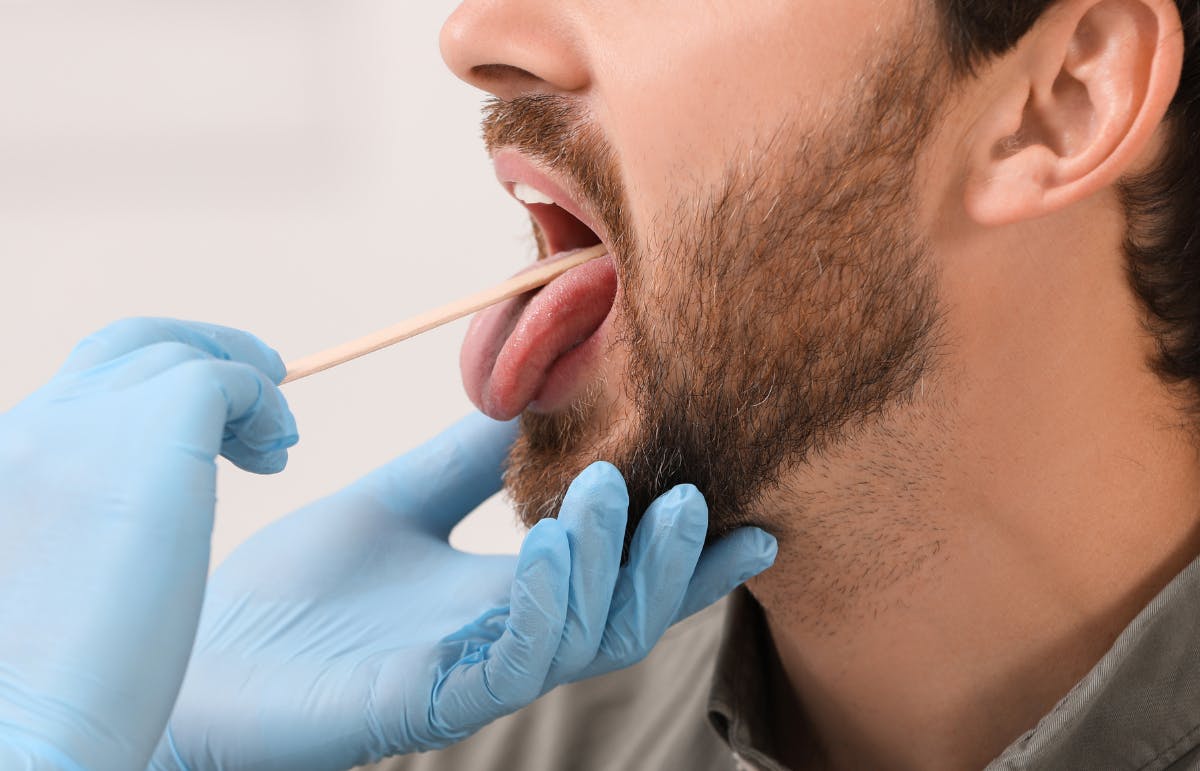Can cranberry juice reduce the development of oesophageal cancer?

LPR is a term used to describe a variety of throat symptoms caused by Gastro-oesophageal reflux disease (GERD), with many patients thinking they can't have reflux if there are no heartburn-related symptoms. However, it is thought that there as many people suffering with LPR symptoms as more “classical” oesophageal symptoms such as heartburn and regurgitation. Although both throat and oesophageal symptoms can occur together, often patients describe only throat symptoms. Some may complain of a single symptom, such as weakness or change of the voice (dysphonia). The precise mechanism by which reflux from the oesophagus into the throat causes symptoms may differ between patients, which is why, for instance, standard reflux treatments such as anti-acid tablets often do not work in patients with LPR symptoms.
Also, remember that the throat is at a crossroads between the sinuses/mouth, the oesophagus/stomach and the airways/lungs. So, symptoms in the throat may originate in any of these anatomical sites as well as in the pharynx/larynx directly.
Book a private consultation
My LPR symptoms are vastly improved. I never wake up in the middle of the night with coughing and throat clearing
Throat symptoms can have multiple causes and it can be difficult to identify their exact cause. For instance throat clearing can be caused by reflux, a post-nasal drip secondary to allergies or sinusitis, vocal cord abnormalities, medications and can even be habitual. It’s likely that LPR can be caused by different problems and may well be more complex than simple GERD.
True LPR, caused by conditions of the gastro-intestinal tract, can include GERD, SIBO, poor gastric emptying and other conditions.
LPR can be diagnosed through a range of tests, and often requires a number of methods to gain an accurate diagnosis. These often include laryngoscopy, pH/impedance monitoring, gastroscopy and others.
For further information on causes and diagnosis of LPR, please follow the link below:
The treatment of LPR is dependent upon identifying the cause. It’s not uncommon for patients to be given a diagnosis of LPR and treated on this basis with little benefit. Because so much remains unknown about LPR and the tests required to make the right diagnosis are not generally available, people often find themselves in what we call a “Cycle of Frustration”, often seeing multiple doctors without reaching resolution.
For further detail on how to treat LPR, follow the link below